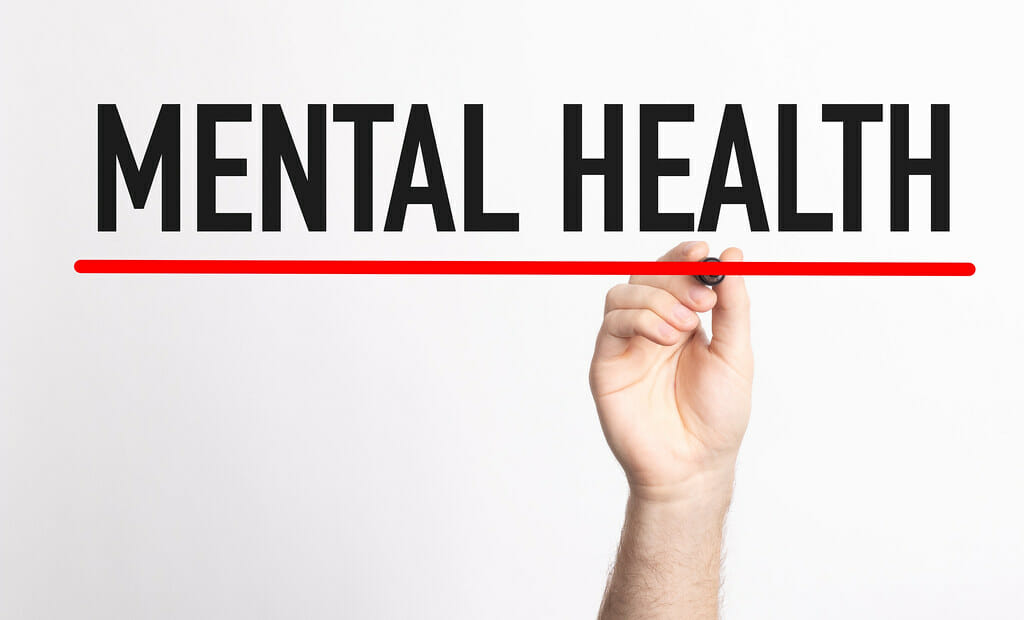Mental health treatment is an important part of overall physical and emotional well-being. Unfortunately, many people do not seek the help they need to manage mental health issues such as anxiety, depression, or other forms of mental illness. There are a variety of reasons why mental health treatment can be beneficial for individuals, families, and society as a whole. In this blog post, we will explore who needs mental health treatment and why it is important.
Who Needs Mental Health Treatment?
The simple answer is that anyone can benefit from mental health treatment at any age or stage in life. Mental health disorders such as anxiety, depression, eating disorders, and PTSD can affect anyone regardless of gender, race, age, or economic status. We all have different experiences that shape our lives and our responses to stressors and triggers so it is important to recognize when your mental health may be suffering.
If you find yourself feeling overwhelmed with worry or sadness, feeling disconnected from those around you, or having difficulty functioning in everyday life then it may be time to pursue help from a professional.
Why Is Mental Health Treatment Important?
Mental health treatment can provide many benefits both on an individual level as well as for society at large. On an individual level, seeking help from a professional therapist or counselor can provide someone with the tools needed to cope with difficult emotions or situations. This can lead to improved relationships with friends and family members as well as overall better emotional regulation which leads to better decision-making in both personal and professional life areas.
On a societal level, research has shown that providing access to quality mental healthcare services reduces the risk of homelessness and criminal behaviors while also increasing productivity in the workforce by reducing absenteeism due to illness or stress-related ailments such as burnout.
Mental Illness vs Distress
It’s important to distinguish between mental illness and normal life stressors. Everyone experiences emotional difficulties as a result of life events, such as job loss or relationship issues. These are normal responses to difficult situations and typically don’t require professional help. However, if the distress lasts for an extended period of time or has a significant impact on daily functioning, it’s likely time to seek mental health treatment.
Signs You May Need Treatment
If you’re not sure whether your distress warrants professional help, consider these signs that indicate a need for mental health treatment:
- Feeling overwhelmed by emotions and unable to control them;
- Significant disruptions in daily activities;
- Changes in sleep patterns;
- Difficulty concentrating or making decisions;
- Suicidal thoughts or behavior;
- Substance abuse;
- Withdrawing from social activities; and
- Avoidance of activities that were once enjoyable.
If you are experiencing any of these symptoms, it could be a sign that you need professional help.
Overall, mental health treatment can provide many benefits for individuals at any stage in life including helping them develop coping skills for difficult emotions or situations while also benefiting society at large by reducing homelessness rates and criminal activity while also increasing productivity in the workforce by reducing absenteeism due to poor emotional wellbeing.
Seeking help from a licensed therapist or counselor should be considered if you are finding yourself overwhelmed with worry or sadness regularly or having difficulty functioning in everyday life activities.
Doing so could greatly improve your quality of life both personally and professionally while also benefiting society at large through improved outcomes associated with providing access to quality mental healthcare services such as improved productivity levels due to reduced absenteeism rates resulting from good emotional well-being practices being put into place among employees nationwide.



